When Suvarnabhumi Airport opened six years ago, it was heralded as a futuristic model for the region. Today, passenger volume has soared far beyond the airport’s capacity of 45 million travellers annually. To ensure that the airport is not extremely congested, the second phase of the airport will be further constructed following delays.
“Political instabilities as well as other issues are part of the reason as to why the second phase of Suvarnabhumi airport has been delayed. It’s 2013 and we have not started the construction of the new phase, so there must be other plans to properly cater to the needs of these travellers, which are continuously increasing,” said Sita Divari, board chairman of Airports of Thailand (AoT).
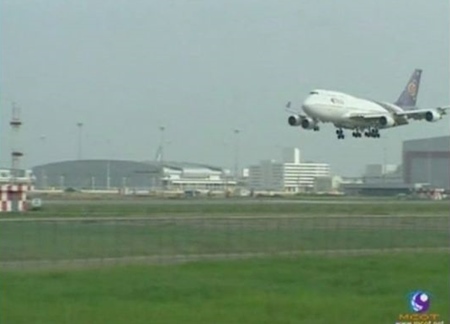
The country’s main international airport has the capacity of accommodating 45 million passengers per year. Now it is handling over 51 million passengers.
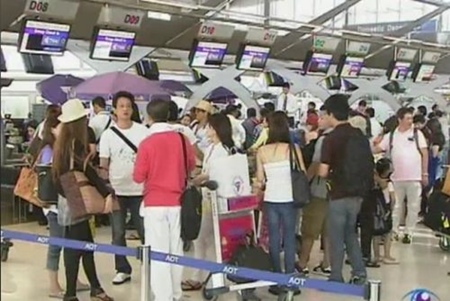
“The second phase can accommodate an additional 15 million passengers — making it 60 million passengers in total per year. In the third phase, the numbers will increase, but that’s a future matter as an EIA will have to be conducted before any other process takes place,” the AOT board chairman said.
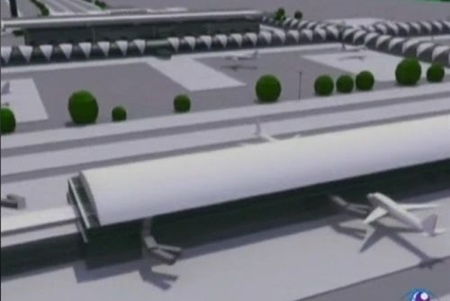
Despite certain delays, the Airports of Thailand is confident that the second phase of the airport in suburban Samut Prakan will be up and ready for service by 2017.
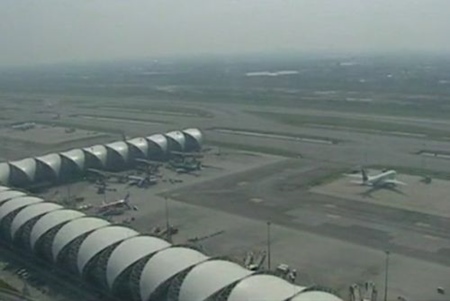
Additional development plans for improving connections with five other nearby provinces will also be made to assist commuters in areas close to the capital. These provinces are in a strategic design, including Samut Prakan, Nakhon Nayok, Chacheongsao, Prachinburi and Sa Kaeo bordering Cambodia.
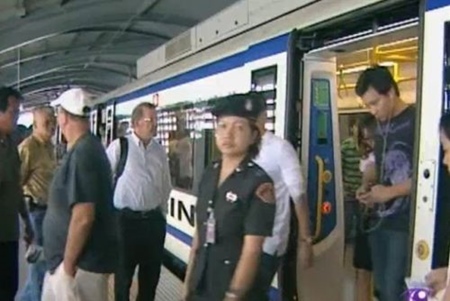
An underlining feature of economic growth, future development plans, and connectivity is to ensure that travellers commuting will be able to travel easily. More importantly, alongside convenience, it is equally important that travellers will be able to travel from Don Mueang Airport to Suvarnabhumi without much hassle.
“We have drafted plans to build a train system connecting from Don Mueang Airport to Makkasan’s Airport Link Station — which connects to Suvarnabhumi Airport. Makkasan will act as a main hub connecting to both airports,” Mr Sita said.
In a few years, with hopes of better connectivity, travellers will be able to experience a full-swing transportation system in place. And without doubt, these plans will become a source of hope amid heavily congested traffic in Thailand’s bustling capital.




